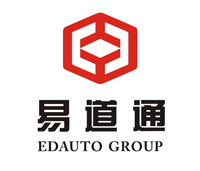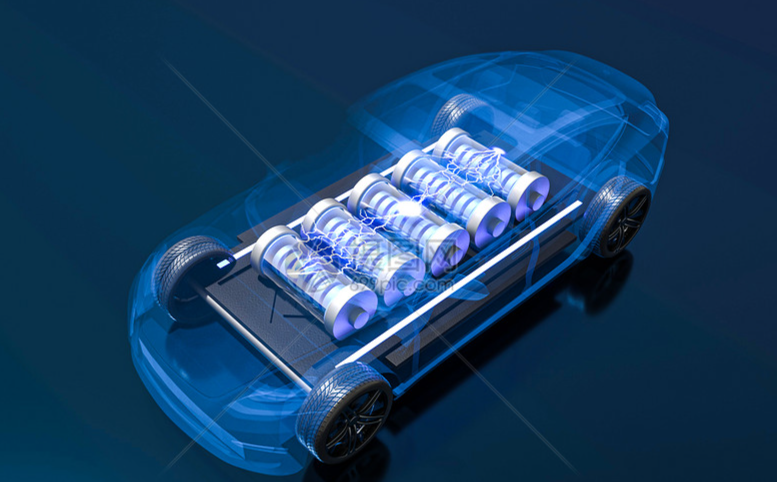As the global automotive landscape shifts toward new energy vehicles (NEVs), Chinese automakers are increasingly looking to Europe, especially Germany, the birthplace of the automobile.
Recent reports indicate that several Chinese listed auto companies and their subsidiaries are exploring the possibility of acquiring Volkswagen’s soon-to-be-closed German plant. This move reflects not only the ambitions of Chinese manufacturers, but also the challenges that traditional auto giants such as Volkswagen face in adapting to rapidly changing market dynamics.
VW’s struggles and german Unions’ response
Volkswagen Group, once a model of German industrial strength, is now under pressure to transform to electric vehicles.
In 2024, the company reported global sales of about 9.027 million vehicles, down 2.3% from the previous year. The situation in the Chinese market was even more obvious, with sales plummeting 10% to about 2.928 million vehicles. The financial report shows a worrying trend. Volkswagen’s operating profit fell 20.5% to 12.907 billion euros (about 97.45 billion yuan) in the first three quarters of last year.
In response to these challenges, Volkswagen announced last September its intention to close several plants in Germany, including those in Dresden and Osnabrück. However, the decision was met with strong resistance from German unions, leading to a strike by around 100,000 workers. After extensive negotiations, the two sides reached an agreement before Christmas that would allow Volkswagen’s ten plants in Germany to continue operating while extending job guarantees until 2030. In exchange, the workers agreed to concessions, including reduced bonuses and fewer permanent employment opportunities for interns.
Chinese automakers: A new era of opportunity
In stark contrast to Volkswagen’s plight, Chinese automakers are seizing the opportunity to expand their global presence.
Companies such as BYD, Chery Holding Group, Leapmotor and Geely
Holding already have established operations in Europe, with factories in Hungary, Turkey and Spain. Acquiring Volkswagen plants could bring strategic advantages to these companies, allowing them to increase production capacity and further penetrate the European market.
Several Chinese automakers, including SAIC, JAC, FAW and Xpeng, have established in-depth partnerships with Volkswagen in China. This existing relationship makes them potential buyers of German factories, allowing for a seamless transition and business integration. Acquiring these factories will not only enhance their manufacturing capabilities, but also facilitate the transfer of advanced automotive technologies, especially in the field of new energy vehicles.
Advantages of new energy vehicles
The shift to new energy vehicles is more than just a trend; it represents a major transformation of the automotive industry with far-reaching implications for environmental sustainability and energy security. New energy vehicles, including electric and hydrogen-powered vehicles, emit almost no harmful gases while driving, significantly reducing air pollution and greenhouse gas emissions. This shift is critical for countries around the world to work towards achieving climate goals and addressing the adverse effects of pollution.
In addition, new energy vehicles also have the advantage of utilizing multiple energy sources, thereby reducing dependence on fossil fuels and enhancing energy security. As technology advances and production scales up, the cost of manufacturing new energy vehicles continues to decline, making them easier for consumers to purchase. Many governments around the world also encourage the adoption of new energy vehicles through subsidies, tax exemptions and other benefits, further lowering the financial threshold for potential buyers.
Innovation and the future of the automotive industry
The development of new energy vehicles has driven innovation in various fields, including battery technology, smart driving and car networking. Modern batteries, such as lithium-ion batteries, have higher energy density and can store more energy in a smaller and lighter package. This progress means that the vehicle’s range and performance are improved, solving one of the main concerns of potential electric vehicle buyers.
In addition, the development of fast charging technology has significantly reduced charging time, improving the overall user experience. The cycle life of modern batteries is also improving, resulting in fewer replacements and lower long-term costs for consumers. Safety features have also been improved, minimizing the risks associated with overheating and short circuits, which are key considerations for widespread adoption.
Calling for global participation in energy transition
As the automotive industry is about to enter a new era, countries around the world must actively participate in the transition to new energy vehicles. The cooperation between Chinese automakers and well-known manufacturers such as Volkswagen can serve as a model for future partnerships, promote innovation and drive the global shift to sustainable transportation solutions.
In conclusion, the potential acquisition of the Volkswagen plant by a Chinese automaker highlights the dynamic nature of the automotive industry as it adapts to the challenges and opportunities presented by new energy vehicles. The advantages of new energy vehicles, combined with the strength of Chinese manufacturers, make them key players in the global automotive sector. As countries strive to build a greener future, embracing the transition to new energy vehicles is not only beneficial, but also essential for sustainable development and environmental stewardship.
Phone / WhatsApp:+8613299020000
Email:edautogroup@hotmail.com
Post time: Feb-20-2025




